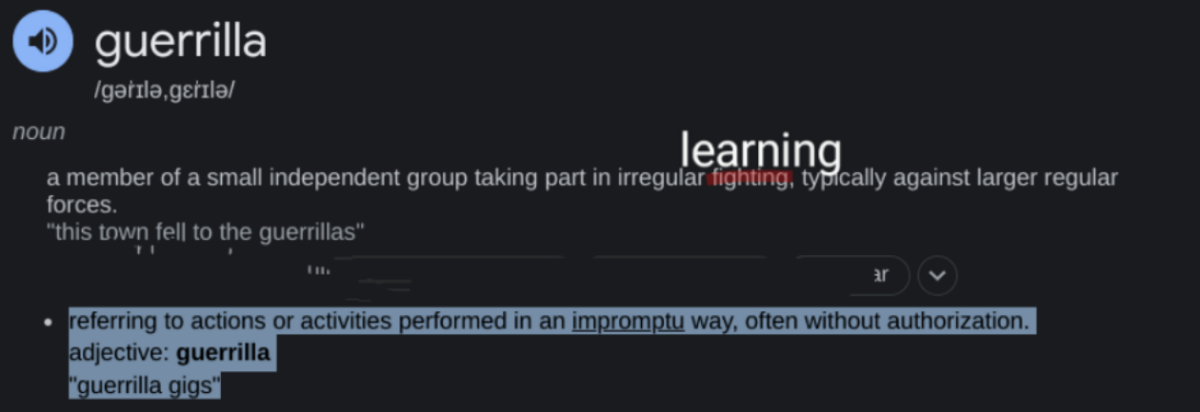The aim of discussing (private) property was to show how our self-understanding, how we see ourselves, will be altered by a world in which there is abundance in some products.
When I have to make expensive choices about what I watch at the cinema and what I listen to, I limit my choice to those products which will get my acceptance from various groups: I am a Heavy Metal fan, which means I have to read Herbert’s Dune and go to watch Lord of the Rings. That is rational and coherent. But where the products become digital and free, I can expand my choice: I can listen to Taylor Swift one day, read Jane Austen, go to watch Pitch Perfect and still be me. A more expansive, interesting me. And I find out more about myself in this way… I grow and develop.
Open access to these digital products is, then, a good thing.
The ideology of many defenders of the status quo (private property) and those who are wealthy is that if we abolish the simple commodity understanding of labour in artistic production, we will stop making things because we receive no reward. They have obviously never had children!
In world where an artistic creation can be copied with minimal cost and without taking from or harming an other, then books, films and music should be free. Here are the slides I talked around:
Now, the second group will continue with their course and I wonder whether they can produce something collectively or as a group. I think the main overlap with their own interests will be the idea of “blaming” an individual for actions and treating them in specific ways when the individual’s own agency was perhaps compromised by a situation and factors beyond his or her control. You might want also to think about the effect smart behaviour drugs and tracking systems (new technologies) have on an individual’s sense of self.
On Netflix, there is an episode of Black Mirror (Arkangel, season 4, episode 2) which is pertinent.
My approach would be, as always, to formulate a starting claim. This is a suggestion only and, as one writes or produces, will change. How about:
“Modern models of self as unitary, rational and fixed, hinder a full interaction with different personalities and individuals who are best understood in diverse ways.”
- I would show how m current work involves interaction with individuals who, if labelled with a universal category, are hindered in their own development and forced to be what they are not.
- I would then show that this rests in our belief that individuals have fixed personalities, an essential core that is them, but that this is a modern understanding.
- I would illustrate a different type of personality first with (a) intuitive claims about how we are different when we are work, with friends, with family and so on; and second (b) show how this relates to your experience.
- And then you can develop different models and ways to understand these individuals. Perhaps? Or just state it is needed.
As I say, you can — if you want — produce something which is a podcast, a discussion, a small film/video using clips and voice over, a prezi recording and so on. Or a simple written piece – it is up to you. And completely voluntary.
Thanks to everyone who participated, and I hope it was worthwhile.
